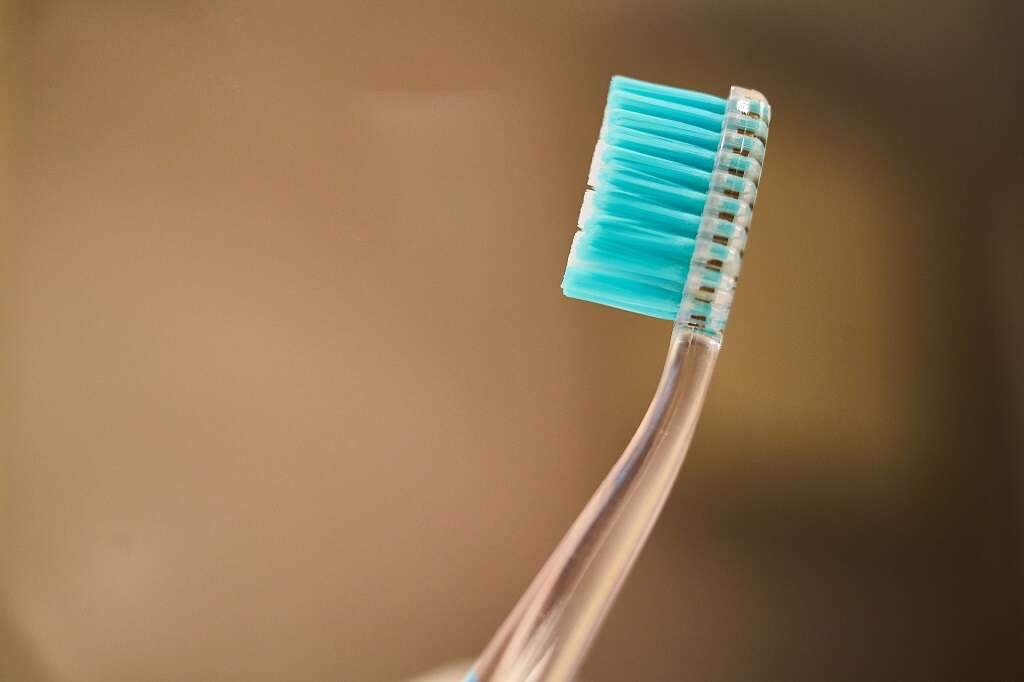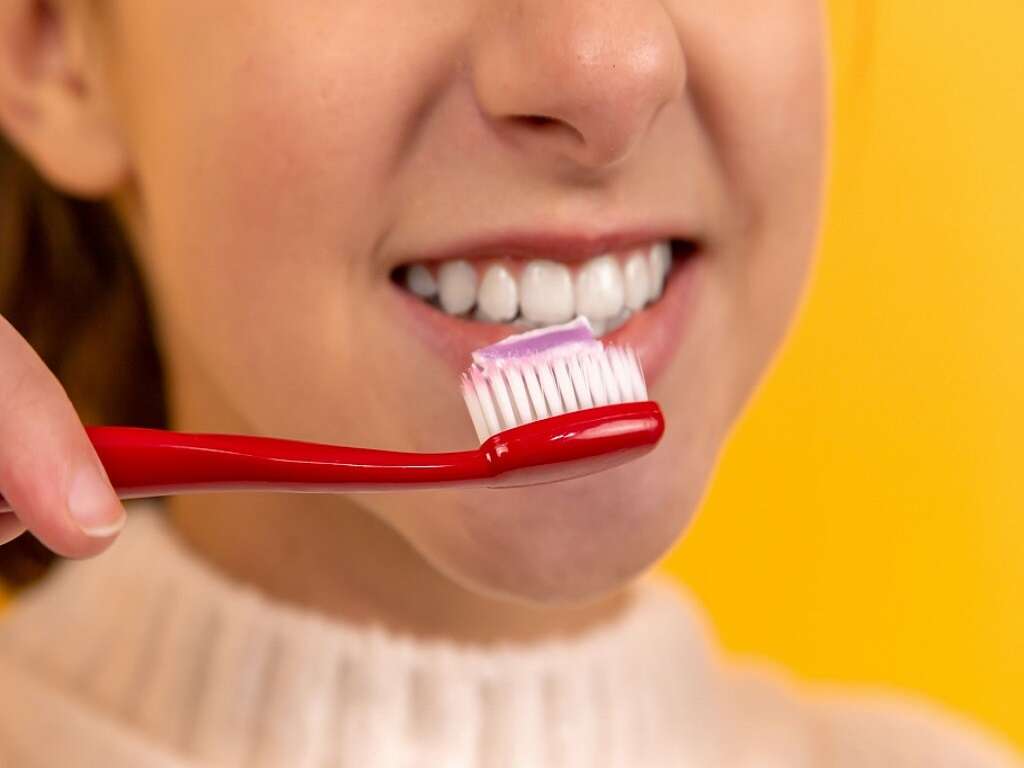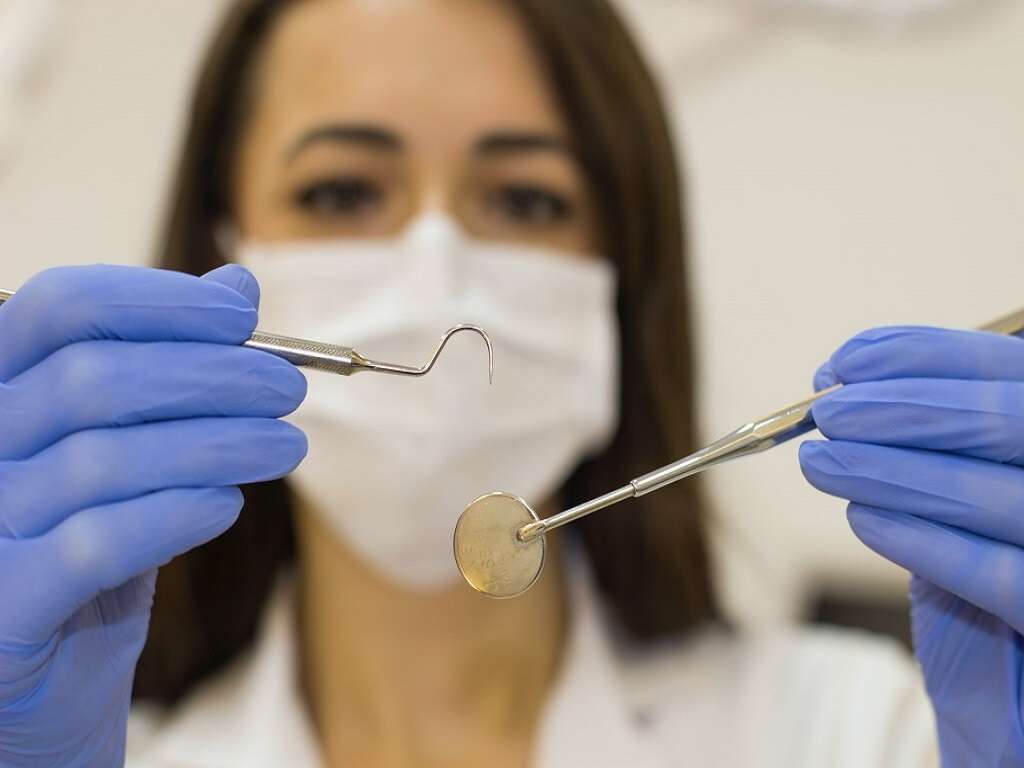Dysgeusia Symptoms, Causes and More
Dysgeusia is a condition that's based on the perception of taste. It's characterized by unusual taste sensations in the mouth and can put people off eating. Individuals commonly experience a range of lingering strange tastes in their mouths, but it can be relatively short-lived. Chronic taste disorders might stem from serious health issues like thyroid problems and diabetes.
The causes range from medication side-effects to underlying medical conditions and oral hygiene issues. Identifying the symptoms early on, talking to a doctor to help you find the underlying problem and getting treatment is important. Some cases require time to resolve, and will need patience.
What Is Dysgeusia?
Dysgeusia is a disorder that distorts the sense of taste. People who have dysgeusia may experience extremes in taste perception combined with an unusual lingering taste in the mouth without having eaten anything. These exaggerated taste sensations might be troubling, but there are treatment options that can help.
Some people with dysgeusia also experience a lack of smell. The types of people with dysgeusia frequently experience phantogeusia, which occurs without a trigger, and parageusia, which has a trigger. Triggers aren't normally disease-related and can include anything from chemotherapy to dental procedures and medications.
Symptoms of Dysgeusia
The symptoms of dysgeusia vary from person to person, but the majority of people with the condition experience phantom taste sensations. A strange taste that lingers in the mouth, without there being a direct cause, could be dysgeusia.
Foul, salty, metallic, sour and rancid aftertastes are frequently reported by individuals with this impaired taste disorder.1‘Taste Disorders: Get Facts About Causes, Treatment & Symptoms.’ MedicineNet, MedicineNet, 29 June 2018, www.medicinenet.com/taste/disorders/article.htm Aside from phantom sensations, other symptoms include a change in taste. Foods that previously tasted good might taste awful.

Causes of Dysgeusia
There are many causes of dysgeusia, from infections to inflammations of the mouth, vitamin and mineral deficiencies, neurological problems and hormonal imbalance. Aging also increases the risk, as elderly often experience changes in taste.
A metallic taste in the mouth is a frequently experienced side-effect of chemotherapy. Other common causes include gastrointestinal reflux, chronic sinusitis, poor dental hygiene, Sjogren's syndrome, dry mouth and medications. Nerve damage could also cause the brain to misinterpret messages.
Who Is at Risk?
Anyone undergoing surgery, taking antibiotics or with medical conditions, such as gastroesophageal reflux, is at risk of developing dysgeusia. Menopausal and pregnant women may be at risk for developing a change in senses because of their fluctuating hormone levels, which can affect taste.
Specific types of surgery like laryngoscopy and tonsillectomy can also cause this condition, and so can medical treatments such as chemotherapy. People who've damaged their peripheral nerves responsible for sending messages to the senses could also be at risk.

Treatment Options
A health care professional will need to determine the cause of dysgeusia before advising how to manage the condition. Many treatment options are available.
For those with gastric reflux and bad bacteria in their mouth, dietary modifications and medications may be advised. With impaired taste that's a result of a vitamin or mineral deficiency, supplements are needed. Switching medications might also aid recovery if a certain drug was responsible for dysgeusia, and underlying medical conditions, such as diabetes, would need to be managed accordingly.2‘Dysgeusia.’ ENT Health, 26 Jan. 2021, www.enthealth.org/conditions/dysgeusia/
How to Prevent Dysgeusia
A build-up of bacteria in the mouth and bad oral hygiene can leave an unusual taste in the mouth. A good oral hygiene routine that includes flossing combined with regular trips to the dentist could prevent some instances of dysgeusia.
Understanding the side effects of medications that can cause dysgeusia is important because your doctor can look into alternative options. Individuals should consult doctors to manage underlying conditions such as kidney problems, diabetes and thyroid issues that trigger the syndrome.2‘Dysgeusia.’ ENT Health, 26 Jan. 2021, www.enthealth.org/conditions/dysgeusia/

When to See a Doctor
If the unusual taste sensation appears after a procedure, individuals should check with their healthcare provider about a time frame for recovery. The strange sense of taste could be temporary and can happen post-surgery.
If it's not chemotherapy or post-surgery causing dysgeusia, other conditions should be ruled out. If prescribed medication is causing taste problems, a health care provider might switch medications. Individuals should consult a doctor if the problem persists.
How Does Chemotherapy Cause Dysgeusia?
People undergoing chemotherapy for cancer frequently experience a weakened immune system from the cancer itself and aggressive treatment. One of the many side effects of chemotherapy is the altered sense of taste caused by damage to the oral cavity.
There is a bulk load of healthy bacteria in the mouth and chemotherapy can alter the normal microbial flora in the mouth, causing inflammation and ulcers. This can result in decreased saliva production, which leads to a dry mouth, another cause of dysgeusia.

Complications of Dysgeusia
Dysgeusia alters the sense of taste, which can lead to complications. Some people might lose their taste for healthier foods and opt for bad diet choices because they might be the only palatable options.
People with dysgeusia could lose their appetite because of the bad taste in their mouths. A loss of appetite over a period of time might transition into malnutrition. Ginger tea, water and fruit juices might help remove any bad lingering tastes.
Similar Conditions
Dysgeusia is a condition involving taste. It can be mistaken for smell disorders, so a medical professional would need to accurately diagnose the condition based on a thorough examination. Diagnosing the condition can be difficult because there are so many reasons that can cause this condition.
There are a few main conditions that bear similarities to dysgeusia. Aliageusia is when normal tasting food suddenly becomes foul-tasting, Ageusia is a loss of taste and hypogeusia is a reduced sense of taste.2‘Dysgeusia.’ ENT Health, 26 Jan. 2021, www.enthealth.org/conditions/dysgeusia/










